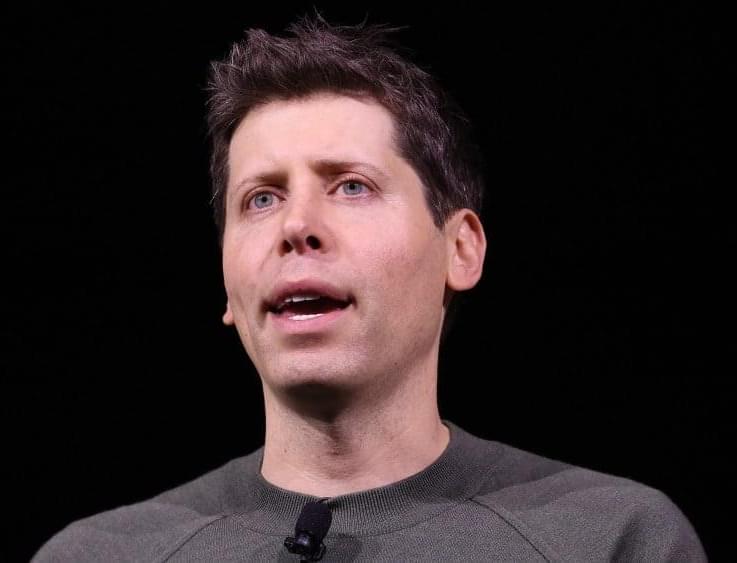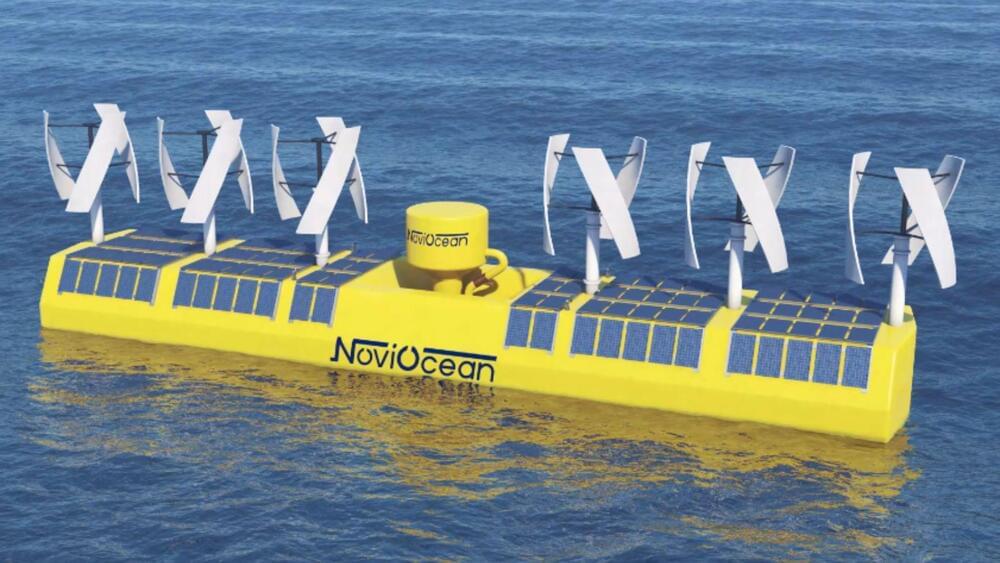A quantum sensing experiment now has the potential to identify single gravitons — the particles that make up gravity — which was considered impossible until now. A team led by Stevens professor Igor Pikovski has recently proposed a method to detect individual gravitons, believed to be the quantum building blocks of gravity. They suggest that with advancements in quantum technology, this experiment could become a reality in the near future.
Imagine being able to create incredibly tiny structures with the same ease and sustainability as printing on paper.
This is the frontier of microfabrication—the process of making microscopic structures that are crucial for the operation of everything from computer chips to medical devices.
…
New, more sustainable process uses water instead of harmful chemicals.
Lone Wolf rifle, with infrared and thermal vision, detects aerial threats using cutting-edge targeting tech.
Possibly equipped with an AR-15/M16-pattern rifle, the robot dog appears to be a Ghost Robotics Vision 60 quadrupedal-unmanned ground vehicle (Q-UGV).
The testing was conducted at Red Sands Integrated Experimentation Center in Saudi Arabia.
The Q-UGV engaged several static ground targets during the trials, but results of the tests weren’t revealed, according to reports.
The Quest for Extended Youth
Posted in life extension
The challenges and opportunities of longevity research on the journey to redefine the process and meaning of aging; can the world handle the real impact of prolonging life?
With the recent release of the iPhone 16, which Apple has promised is optimized for artificial intelligence, it’s clear that AI is officially front of mind, once again, for the average consumer. Yet the technology still remains rather limited compared with the vast abilities the most forward-thinking AI technologists anticipate will be achievable in the near future.
As much excitement as there still is around the technology, many still fear the potentially negative consequences of integrating it so deeply into society. One common concern is that a sufficiently advanced AI could determine humanity to be a threat and turn against us all, a scenario imagined in many science fiction stories. However, according to a leading AI researcher, most people’s concerns can be alleviated by decentralizing and democratizing AI’s development.
On Episode 46 of The Agenda podcast, hosts Jonathan DeYoung and Ray Salmond separate fact from fiction by speaking with Ben Goertzel, the computer scientist and researcher who first popularized the term “artificial general intelligence,” or AGI. Goertzel currently serves as the CEO of SingularityNET and the ASI Alliance, where he leads the projects’ efforts to develop the world’s first AGI.
SoftBank Group Corp. founder Masayoshi Son sketched out one of the most aggressive timelines for the adoption of artificial intelligence yet, envisioning a near future where the technology would run entire households.
Artificial-intelligence tech company OpenAI said it has raised $6.6 billion in new funding, giving it a massive post-money valuation of $157 billion, almost double its previous reported valuation of $80 billion earlier this year.
The new round of funding was led by venture-capital firm Thrive Capital, with additional investors including Microsoft, Nvidia, SoftBank, Fidelity, Khosla Ventures, Altimeter Capital, United Arab Emirates-based MGX and Tiger Global. In 2024, OpenAI is projecting a $5 billion net loss on $3.7 billion in revenue, CNBC reported. Next year, the company is targeting $11.6 billion in revenue, per the report.
“We are making progress on our mission to ensure that artificial general intelligence benefits all of humanity,” OpenAI said in a statement announcing the funding. “Every week, over 250 million people around the world use ChatGPT to enhance their work, creativity and learning. Across industries, businesses are improving productivity and operations, and developers are leveraging our platform to create a new generation of applications. And we’re only getting started.”
NoviOcean’s innovative Hybrid Energy Converter combines wave, wind, and solar power, generating double the energy of wind alone.
This is amazing face_with_colon_three
In work that has been 30 years in the making, mathematicians have proved a major part of a profound mathematical vision called the Langlands program.









